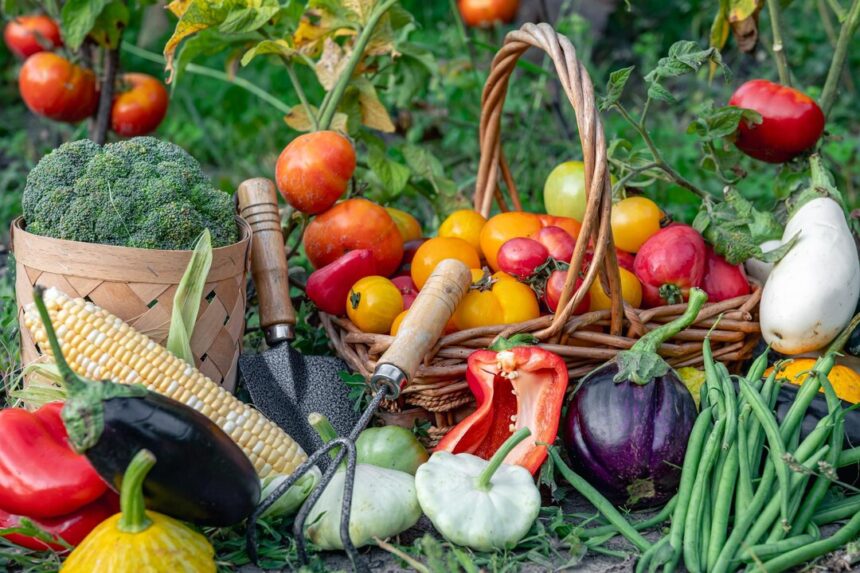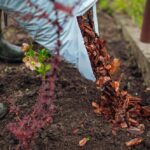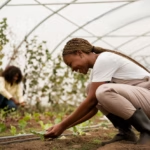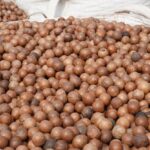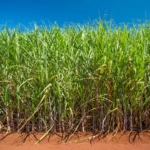In an age where sustainability is increasingly crucial, addressing food waste has become a global priority. Agriculture plays a significant role in this challenge, as both a contributor to and a potential solution for reducing food waste. From farm to fork, every stage of the food supply chain presents opportunities for minimizing waste and promoting sustainability. Let’s explore how farming practices can contribute to food waste reduction:
1. Efficient Harvesting Practices:
One of the primary contributors to food waste occurs at the farm level, often due to inefficient harvesting practices. Farmers can minimize waste by implementing careful harvesting techniques, such as selective picking and timing harvests to coincide with peak ripeness. Additionally, investing in equipment and technologies that facilitate gentle handling and rapid cooling of harvested produce can help extend shelf life and reduce spoilage.
2. Utilization of Ugly Produce:
Embracing “ugly” or imperfect produce is another strategy for reducing food waste on the farm. By marketing these cosmetically challenged fruits and vegetables, farmers can prevent them from going to waste simply because they don’t meet cosmetic standards. Initiatives such as community-supported agriculture (CSA) programs and “ugly produce” subscription boxes have gained popularity, allowing consumers to access nutritious produce while supporting sustainable farming practices.
3. On-Farm Processing and Value-Added Products:
Farmers can also minimize waste by processing surplus or imperfect produce into value-added products such as jams, sauces, pickles, or dehydrated snacks. By adding value to their products, farmers can extend their market reach and generate additional income while reducing waste. Furthermore, on-farm processing can help preserve seasonal abundance for year-round enjoyment.
4. Sustainable Crop Rotation and Diversification:
Implementing sustainable farming practices such as crop rotation and diversification can help reduce the risk of crop failure and minimize reliance on chemical inputs. By rotating crops and integrating cover crops into their fields, farmers can improve soil health, suppress weeds, and reduce the prevalence of pests and diseases. Healthy soils produce healthier plants, leading to higher yields and less waste.
5. Precision Agriculture Technologies:
Precision agriculture technologies, such as GPS-guided tractors and drones equipped with sensors, enable farmers to optimize resource use and minimize environmental impact. By precisely applying water, fertilizers, and pesticides only where and when they are needed, farmers can reduce input costs, improve crop yields, and minimize waste. Additionally, data analytics tools allow farmers to make informed decisions about crop management, helping to prevent overproduction and excess inventory.
6. Collaboration with Food Recovery Organizations:
Collaboration between farmers and food recovery organizations is essential for diverting surplus or unsellable produce from going to waste. Farmers can donate excess produce to food banks, soup kitchens, or other charitable organizations, providing nutritious food to those in need while reducing waste. Additionally, partnerships with food rescue organizations can help farmers find alternative markets for surplus produce, such as animal feed or composting.
7. Composting and Circular Economy Initiatives:
Finally, embracing composting and other circular economy initiatives can help farmers close the loop on waste and promote sustainability. By composting organic waste materials such as crop residues, food scraps, and manure, farmers can enrich their soils, reduce the need for synthetic fertilizers, and sequester carbon. Furthermore, exploring opportunities to repurpose agricultural by-products or collaborate with neighboring farms on waste management initiatives can contribute to a more circular and resource-efficient food system.
Farming plays a critical role in the fight against food waste, offering numerous opportunities for reducing waste and promoting sustainability throughout the food supply chain. By implementing efficient harvesting practices, embracing imperfect produce, utilizing value-added processing, adopting sustainable farming techniques, collaborating with food recovery organizations, and embracing circular economy initiatives, farmers can make significant strides in reducing food waste and building a more resilient and sustainable food system for future generations.


